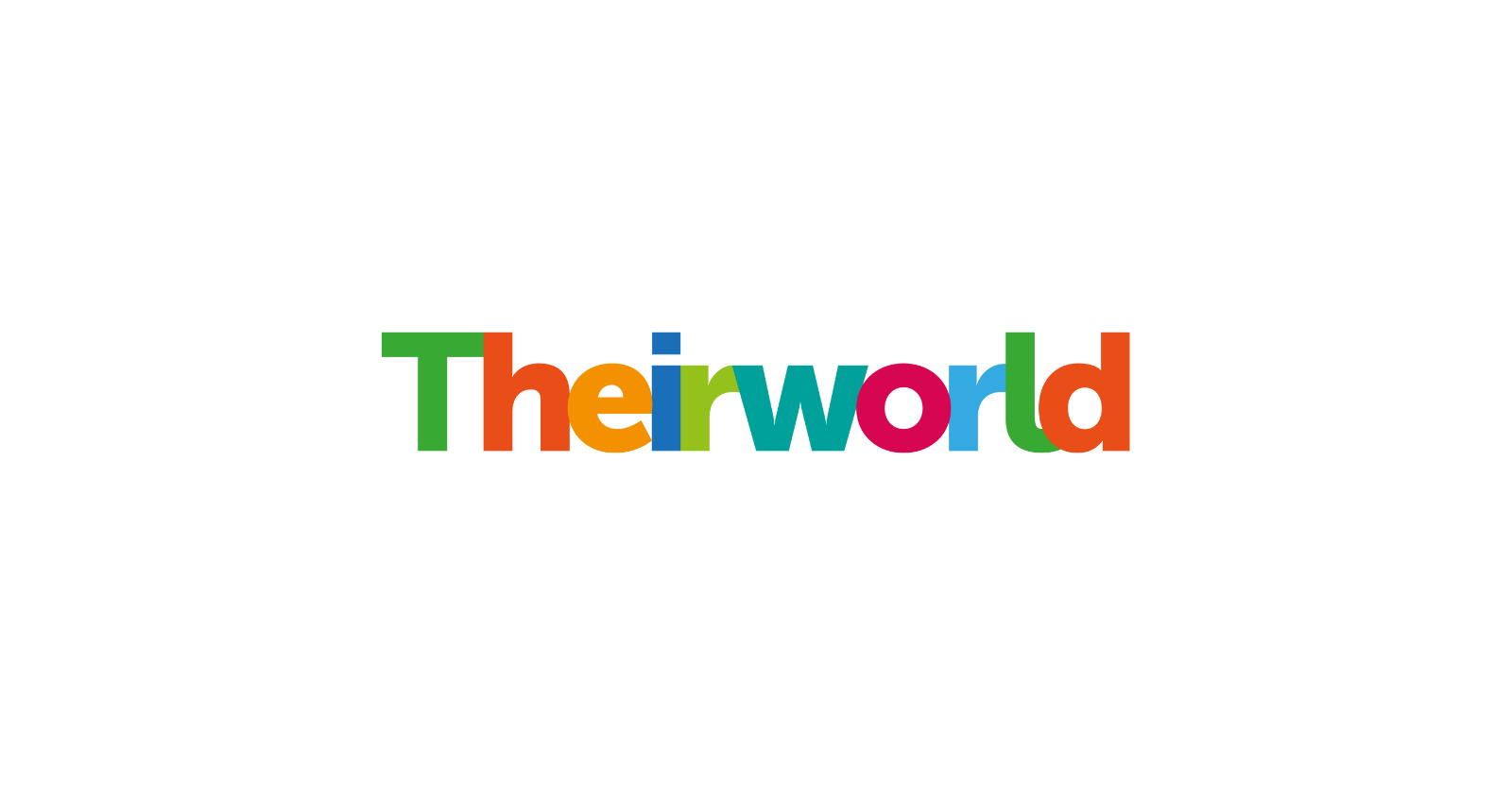
85% of world’s poorest children set to fail before they even start school warns Theirworld report
Early childhood development, Education funding, Safe pregnancy and birth
Investment in pre-primary education must be dramatically increased and targeted at the most marginalised children, says the report.
A severe lack of investment in early years education is putting millions of children at a disadvantage before they even start school, says a new report published today by Theirworld.
85% of children in low-income countries do not have access to pre-primary education and more than 200 million children under the age of five are at risk of failing to reach their potential.
The new report called Bright and Early says governments and donors need to dramatically increase investment in pre-primary education from $11 billion to $44 billion if every child is to have the chance to do well in school and succeed in adult life.
And that funding needs be targeted at the most marginalised children in the poorest countries.
Theirworld’s #5for5 campaign has been calling on world leaders to invest in early childhood development to ensure all children have access to the care and support they need to thrive.
We are urging countries meeting at the G20 summit in July to prioritise the early years and especially pre-primary education, particularly for the poorest and most marginalised children.
Theirworld’s report – produced in collaboration with the REAL Centre at the University of Cambridge – says paying for early learning for the youngest children is one of the best investments a government can make.
Every $1 spent on early childhood care and education can lead to a return of as much as $17 for the most disadvantaged children. Countries that don’t invest face having an uneducated workforce that will hamper their potential for economic growth.
Sarah Brown, President of Theirworld, said: “By the time a child reaches the age of five, 90% of their brain has already developed.
“Investing in the first five years of a child’s life has been proven as critical in providing all children an equal chance at success, no matter who they are or where they are born.”
“It is time for governments and the international community to back up their words with actions.

“They say early child care and education is important – but now they need to prioritise pre-primary in their policies and allocate sufficient resources to get every child in every country into free, quality pre-primary education.”
Theirworld is calling for the establishment of an International Finance Facility for Education (IFFEd) – similar to the one that exists for funding global vaccines – which would help to fund overall education spending and be able to target resources to pre-primary education.
The G20 countries meeting in Germany should approve the IFFEd as part of an overall process of backing pre-primary education.
Other key findings in the Theirworld report include:
- The international community is not doing enough to incentivise governments to invest in pre-primary education – less than 1% of international aid goes there
- National governments and donors are failing to support pre-primary – they are investing disproportionately in higher education which favours children from wealthier backgrounds
- Low income countries spend only $8 a year on pre-primary education per child, which amounts to an average of only 2.9% of total education spending
To coincide with the report, Theirworld is launching a series of short #5for5 films featuring comedians from all over the world.
It starts today with British TV and film star Matt Lucas, followed by Rainn Wilson from the US version of The Office, Carolyne “Teacher” Wanjiku from Kenya and others.
They are part of the #5for5 campaign to raise awareness of the five interventions needed for nurturing quality care for children aged 0-5 – play, health, nutrition, learning and protection.
More news

MyBestStart programme gives young girls the education they deserve
